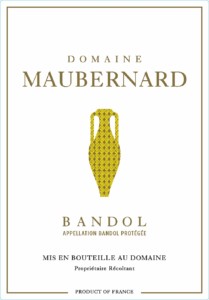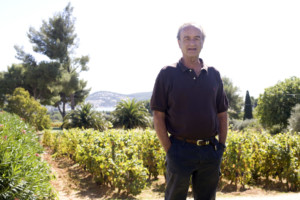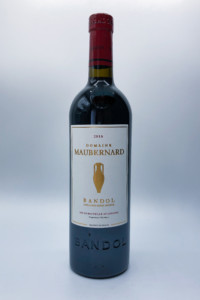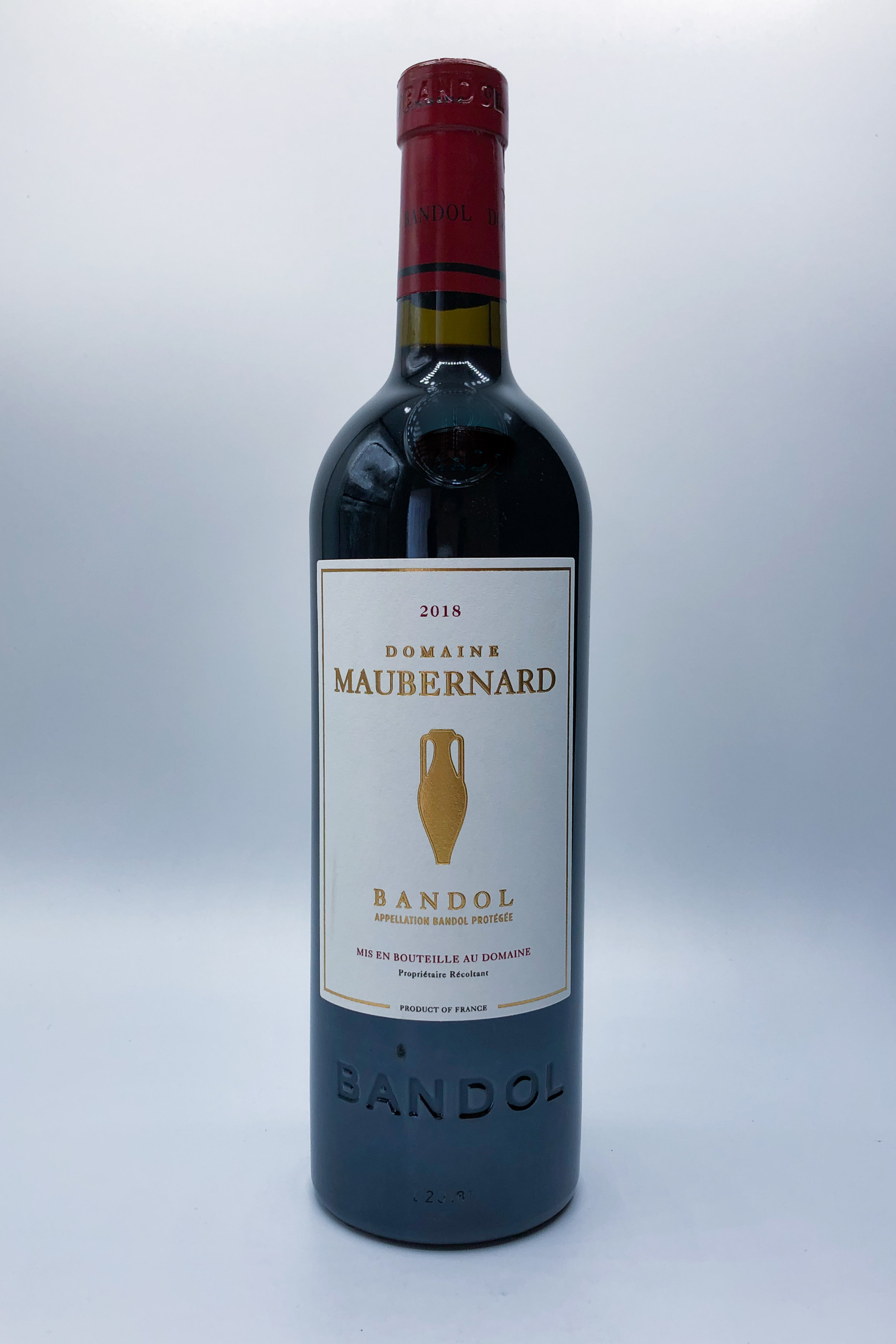Domaine Maubernard
About
Owner & winemaker: Michel Vidal
Vineyards: 10ha, all estate-owned
Vineyard management: Certified organic by Ecocert
Soils: Calcareous clay, with unique stones called “les Lecques”
Grapes grown: Mourvèdre, Grenache, Cinsault, Syrah, Ugni Blanc, Clairette
Annual production: 30,000 bottles
Quick facts:
- The amphora on the label is meant to evoke the Roman era, when vines were first planted in this area. The Tauroentum ruins are found nearby.
- The Vidal family has a colorful history, and all of the family members, from sea captains to poets, have been deeply attached to the family estate.
The domaine was purchased in the 1870s by Michel’s great-grandfather, who was a renowned sea captain–he sold his famous ship, the “Malabar,” when he retired, and used the proceeds to acquire what would become the family estate. Since then, although the family has always had outside pursuits–current winemaker Michel Vidal was previously the managing director of a real estate firm and a lawyer, and his mother was a member of the Académie Française who published a book of poems under the pen name “Claude Maubernard”–they have all always been directly involved with the running of the estate. Today, Michel focuses on the winery full-time.
The property extends along a gentle slope down to the Gulf of Lecques, where the climate is particularly mild and breezy in the summer. Soils are calcareous clay and very stony, including slabs of calcified sandstone and shell-rich limestone. All of the vineyard parcels are facing the sea, the perfect position for Mourvèdre, the “noble” grape of the appellation. Mourvèdre is a late-ripening red grape, considered difficult to grow because it’s fragile. It needs plenty of heat to attain full ripeness, so it benefits from the perfect alchemy of the stony soils, the sun, and the maritime climate.
Michel runs the domaine in the style of “vin nature,” as he puts it. Beyond being certified organic, they’ve never used glyphosate, and they try to use only half of the permitted dose of copper per year. Yields are restricted to ensure quality. Winemaking balances tradition with modernity: the philosophy is to produce wines with native yeasts, and to allow them to develop while keeping an eye on fermentation temperatures and doing pumpovers in their newly modernized cellar. The goal is to produce “wines of character.”






